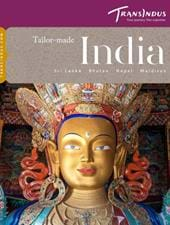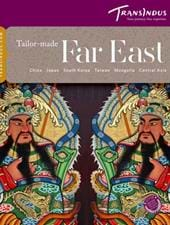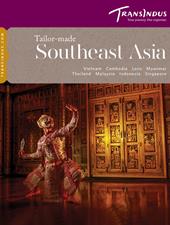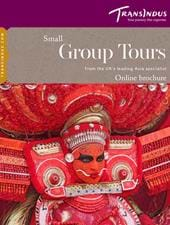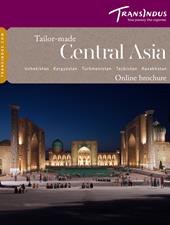A sinuous, but relentlessly spectacular, road winds northeast through the mountains from Lijiang to Lugu Lake, on the Sichuan-Yunnan border. Cradled by the Himalayas at 2,685m (8,809ft), this breathtakingly beautiful spot, with its shimmering reflections of snow peaks and pretty timber villages, is the homeland of the Mosuo – a minority community often described as ‘matriarchal’. The truth, however, is rather more complex and interesting.
Mosuo women are infamous for their so-called ‘walking marriages’; they do indeed often have several partners in the course of their lives, but the practise is more akin to the ‘serial monogamy’ practised in the West than the salacious stereotypes peddled by Chinese travel agencies.
Traditional dress of full-length cotton skirts and scarlet headscarves tends only to be worn for tourists in the area’s main town, Luoshui. But stay for a few days and you’ll have ample time to head around the lake and into the valleys radiating from it, where numerous small villages remain bastions of the Mosuo way of life. A particular favourite of ours is Yongning, site of the area’s largest Tibetan monastery and regarded locally as the capital of Mosuo culture.

